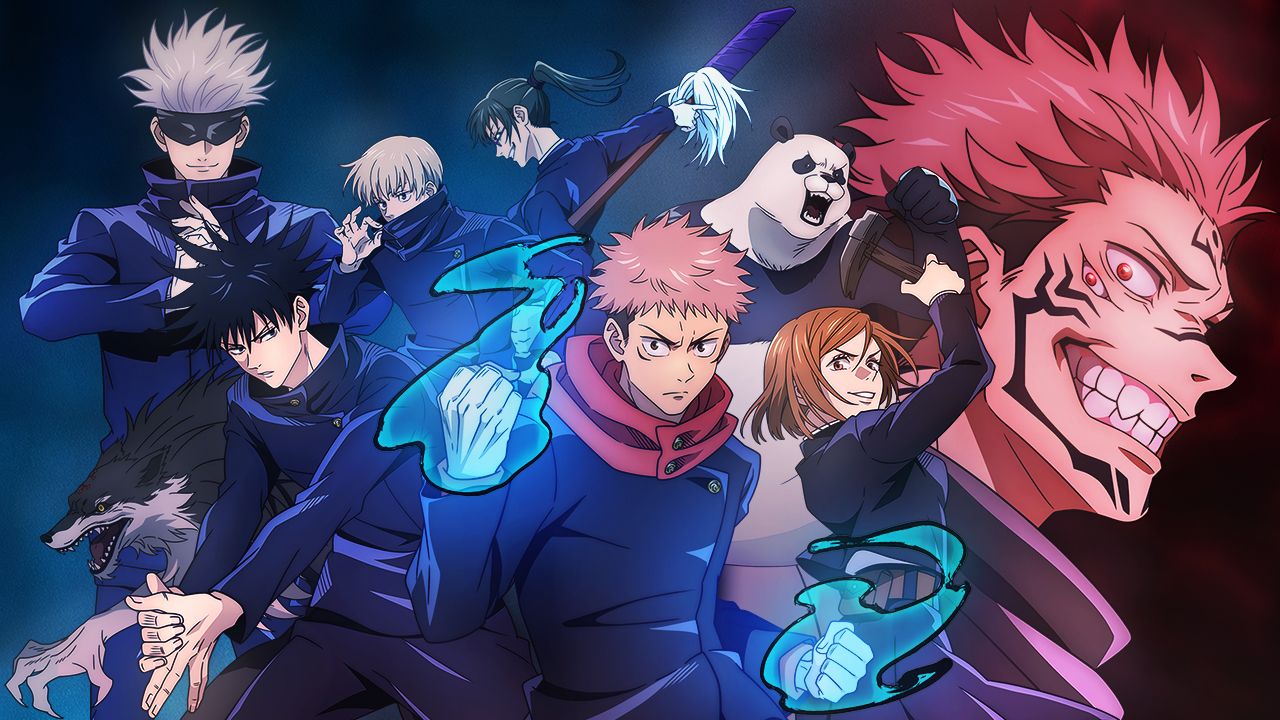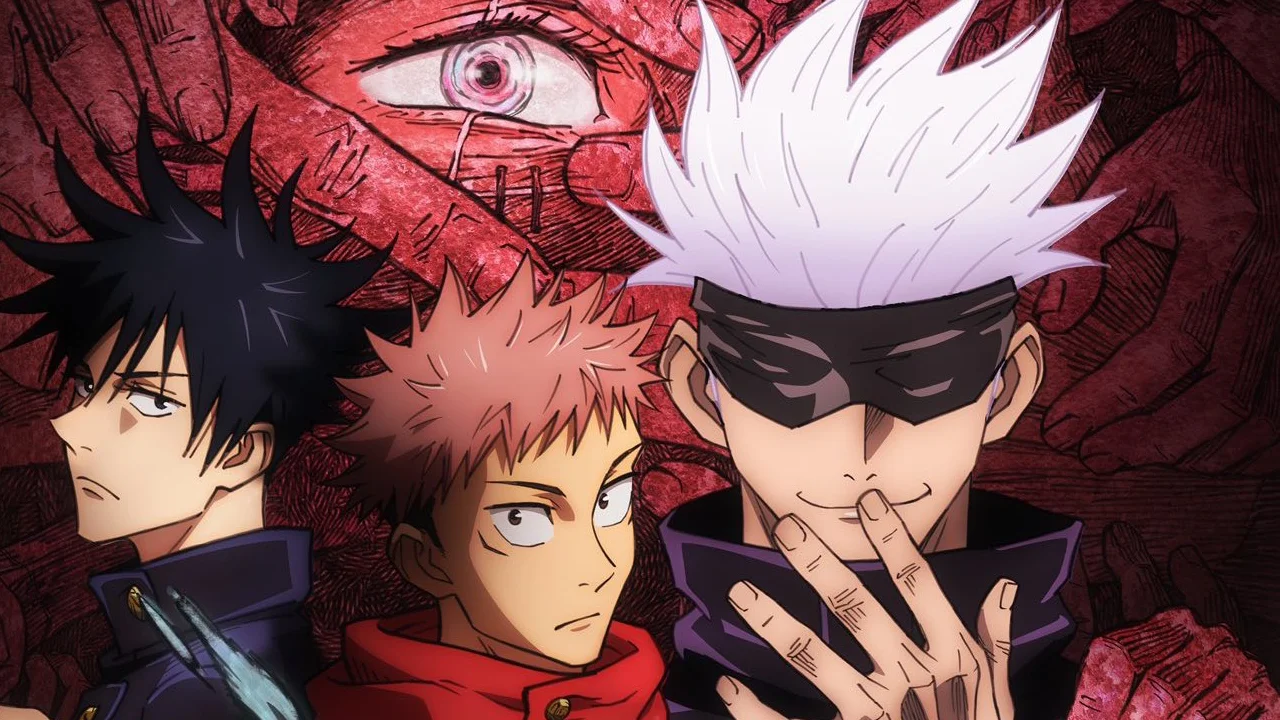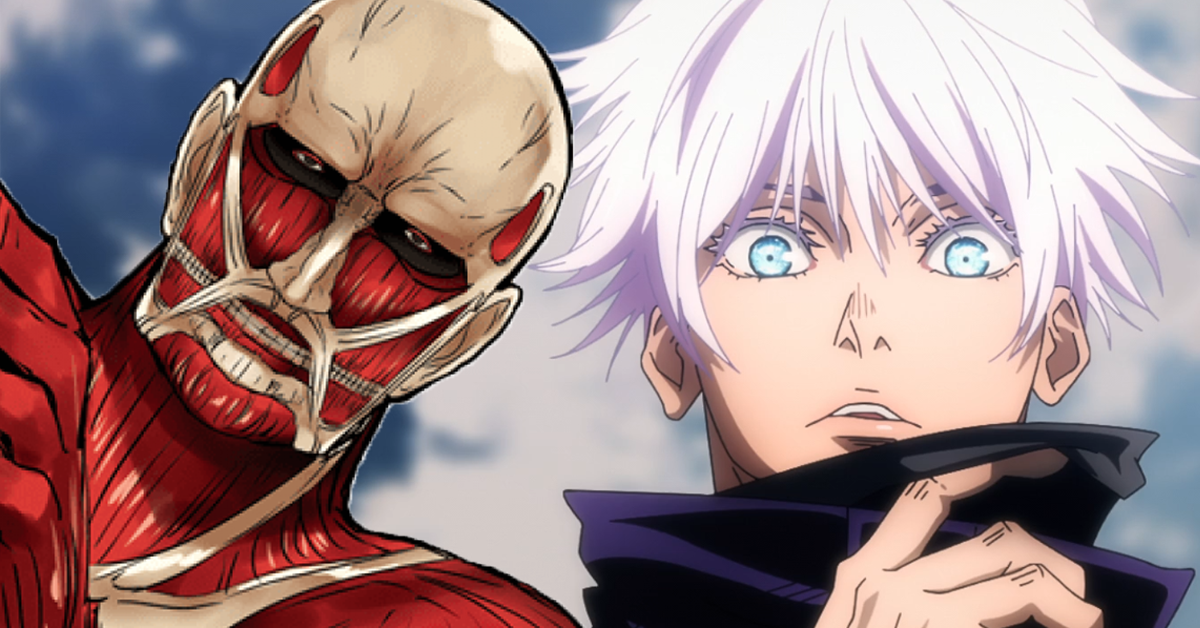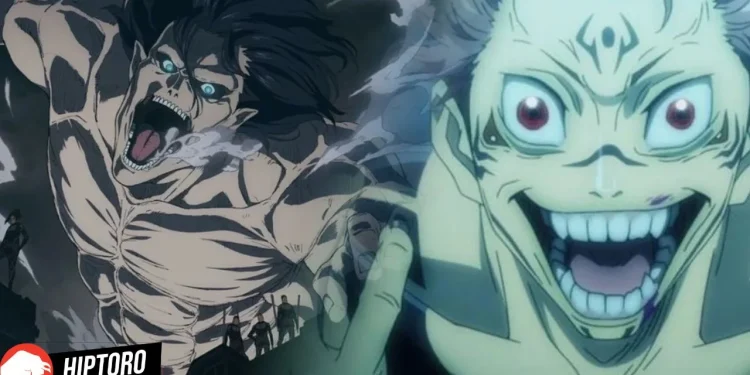The anime world is an exciting realm, fueled by creative visuals and gripping storylines. Most of these animated tales emerge from a tried-and-true formula: adapting popular manga series to captivate a dedicated fan base. However, with roughly 60-70% of all anime titles being manga-based, the question arises – should anime stay religiously faithful to the manga, or should it dare to deviate to satisfy ardent fans?
Dissatisfaction Among AOT Devotees
Attack on Titan (AOT), Hajime Isayama’s magnum opus, has been a phenomenon in the anime and manga community. The dramatic narrative of Eren and the Rumbling has held fans at the edge of their seats. Yet, despite the series’ undeniable popularity, the manga’s conclusion has left a bitter taste for many AOT aficionados. Complaints revolve around an alleged undermining of Eren’s character arc and glaring plot holes, particularly with the inclusion of the Marley arc, which disrupted much of the lore’s consistency.

According to popular opinion, the fandom isn’t confused by the manga’s ending, but how it was wrapped up seemed clunky and inconsistent.
The manga’s final scenes seemed jarringly inconsistent for many readers. Dialogues between key characters like Eren, Mikasa, and Armin appeared forced and disjointed. One particularly contentious reveal was Ymir’s affection for King Fritz, which felt more like an abrupt insertion than a well-thought-out plot twist. Such narrative choices make fans wonder if anime adaptations should venture into alternate endings or twists to better resonate with viewers.
Heartbreak in the Jujutsu Kaisen Community
Satoru Gojo, with his dazzling Six Eyes, has undeniably charmed Jujutsu Kaisen (JJK) fans. Portrayed as virtually invincible, his untimely death in the manga’s Chapter 236 sent shockwaves across the fanbase. The tragedy of seeing this beloved sensei succumb to the King of Curses, Sukuna, led to an uproar.
Seeing Gojo’s body lying lifeless on a piece of black and white paper emotionally impacted the fandom to such an extent that memorials were held for him by fans.

From trending on Twitter to the manga artist receiving unwarranted threats, the gravity of fans’ attachment to characters like Gojo is undeniable. These emotional reactions underscore the need for anime adaptations to be attuned to their audience’s sentiments. While it’s understandable that writers have their own vision, the vehement reactions to the demises of fan-favorite characters indicate a strong desire for alternate narratives, especially when the storyline makes such characters seem virtually unbeatable.
O Studio MAPPA responsável por animar alguns dos animes mais famosos dos últimos anos como: Jujutsu Kaisen, Vinland Saga e Attack on Titan, assinou um acordo de confidencialidade com seus animadores.
Motivo? Para não reclamarem das péssimas condições de trabalho. pic.twitter.com/kxWe9muFBg
— Brotherly Culture (@BrotherlyCult) October 10, 2023
Striking a Balance: Catering to Fans While Preserving Integrity
Anime adaptations sit at an intriguing crossroad. They have the unique privilege to either uphold the original manga’s integrity or innovate to resonate more profoundly with their fan base. While AOT’s final episode looms on the horizon, offering little hope for significant deviations, series like JJK might still have room to maneuver.

However, as much as fans desire changes, it’s essential to strike a balance. Diverging too far from the source material might alienate dedicated manga readers, while being overly faithful might disappoint those seeking a fresh narrative twist. In conclusion, while it’s tempting for anime adaptations to solely prioritize fan desires, it’s crucial to find a middle ground. By blending the manga’s core essence with inventive storytelling, anime can continue to captivate audiences worldwide.










